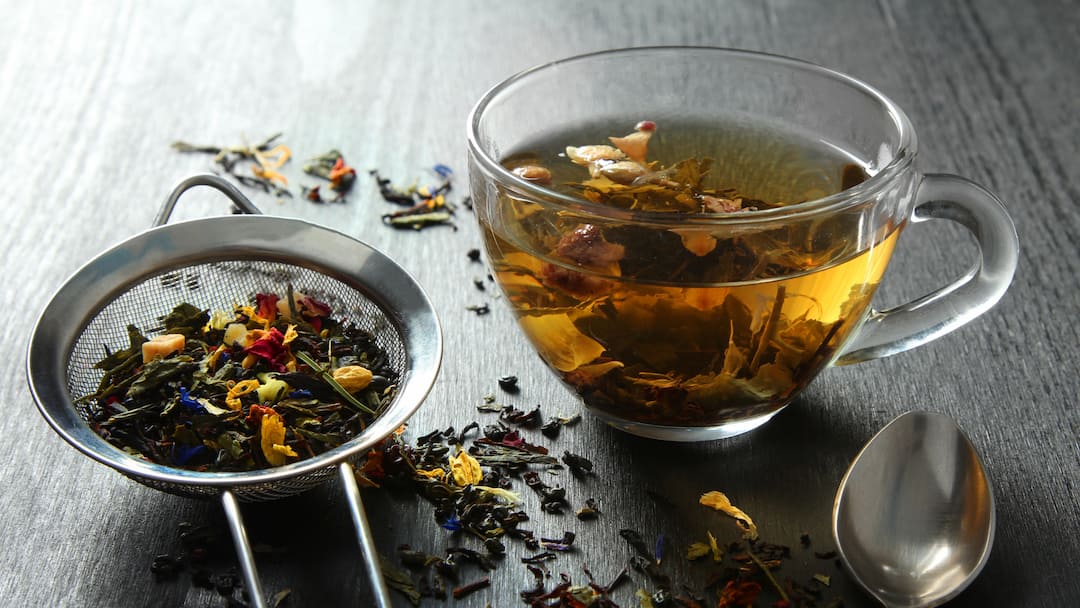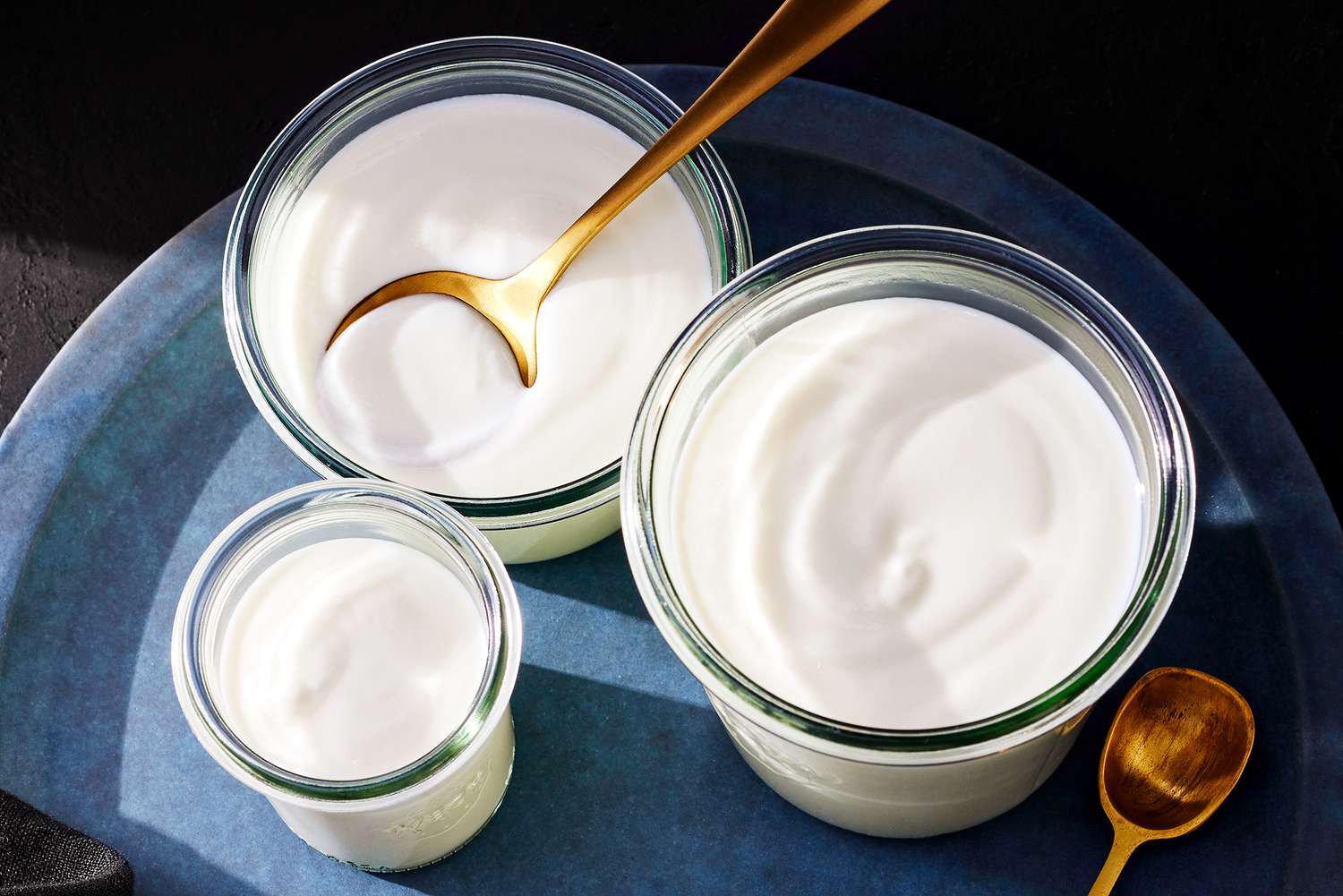When the cold and flu season arrives, it's essential to protect ourselves with effective remedies and practices to alleviate the symptoms and promote a faster recovery. While rest, hydration, and medication are commonly recommended, the role of nutrition should not be neglected. A well-balanced diet rich in specific nutrients can provide the body with the necessary tools to strengthen the immune system, reduce inflammation, and combat the cold and flu viruses.
In this comprehensive guide, we will explore the best foods to eat when you have a cold and flu, focusing on their nutritional properties, benefits, and potential effects on the recovery process.
Nutritional Requirements During Cold and Flu
Before looking into the specific foods, it's important to understand the nutritional requirements that are beneficial during a cold and flu. The body needs essential nutrients to support the immune system and optimize the healing process. Key nutrients include vitamin C, vitamin A, vitamin D, zinc, selenium, omega-3 fatty acids, and antioxidants. These nutrients play a vital role in reducing inflammation, fighting off viruses, and promoting overall wellness.
Immune-Boosting Foods
- Citrus Fruits: Rich in vitamin C, citrus fruits such as oranges, lemons, and grapefruits are excellent immune-boosting options. Vitamin C helps stimulate the production of white blood cells, which are crucial for fighting infections.
- Berries: Packed with antioxidants and vitamin C, berries like strawberries, blueberries, and raspberries can help strengthen the immune system and reduce cold and flu symptoms.
- Garlic: Renowned for its immune-boosting and antibacterial properties, garlic is a powerful ally during cold and flu. It contains allicin, a compound that has been shown to enhance the immune response and reduce the severity of symptoms.
- Ginger: With its anti-inflammatory and antioxidant properties, ginger can help alleviate symptoms like sore throat and nausea. It also supports digestion and boosts the immune system.
- Turmeric: Curcumin, the active compound in turmeric, possesses potent anti-inflammatory and antiviral properties. Adding turmeric to your diet can help reduce inflammation and support the immune system.
Soothing and Hydrating Foods
- Chicken Soup: A classic remedy, chicken soup provides hydration and essential nutrients that can alleviate cold and flu symptoms. The warm broth helps soothe a sore throat and provides necessary fluids.
- Herbal Tea: Drinking herbal teas like ginger, chamomile, or peppermint can offer relief from congestion and promote relaxation. Additionally, they provide warmth and hydration.

- Honey: Known for its antimicrobial properties, honey can help soothe a sore throat and suppress coughing. It is best consumed by adding it to warm water or herbal tea.
- Broths and Warm Beverages: Apart from chicken soup, other broths like vegetables or miso can provide hydration and necessary nutrients. Warm water, herbal teas, and clear vegetable soups are also recommended.
Nutrient-Dense Foods
- Leafy Greens: Leafy green foods like spinach are packed with vitamins A, C, and K, as well as iron and antioxidants. Including them in the meals can support the immune system and aid in recovery.
- Yogurt: Probiotic-rich yogurt contains beneficial bacteria that promote a healthy gut, which is closely linked to a robust immune system. Always try to take plain, unsweetened yogurt for the best results.

- Oily Fish: Salmon, mackerel, and sardines are rich in omega-3 fatty acids, which have anti-inflammatory properties. They also provide vitamin D, a nutrient important for immune function.
- Nuts and Seeds: Almonds, walnuts, flaxseeds, and chia seeds are excellent sources of healthy fats and antioxidants. They provide vitamin E and selenium, which support immune health.
Conclusion
When battling a cold or flu, nourishing your body with the right foods is a crucial aspect of the recovery process. Incorporating immune-boosting foods, soothing and hydrating options, and nutrient-dense ingredients can help alleviate symptoms, strengthen the immune system, and promote a faster recovery. However, it is important to note that food should not replace medical advice or prescribed medications. If symptoms persist or worsen, it is advisable to consult a doctor.


